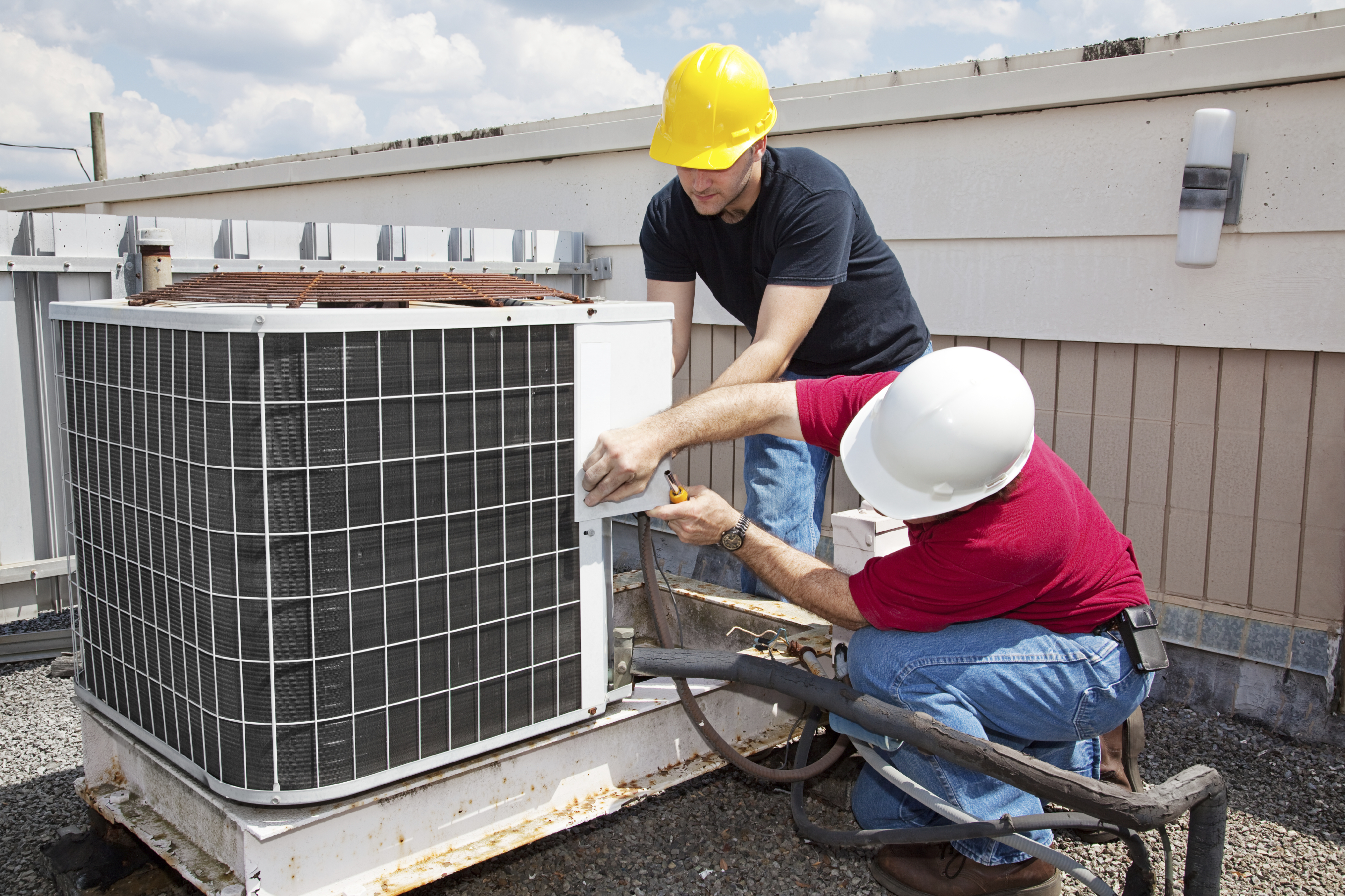Choosing the Right HVAC Unit for Your House

Selecting the right HVAC system for your home can seem challenging, notably given the many choices and technical features to consider. Whether you are erecting a new house, renovating, or merely aiming to upgrade your current system, grasping what HVAC means and its operation is vital. HVAC denotes temperature control, air circulation, and cooling, and it plays a crucial role in guaranteeing the comfort of your home all year long. This novice guide will guide you through the main elements of HVAC systems, frequent issues and their resolutions, and maintenance tips to keep your system running effectively.
As you examine the various types of HVAC systems on the market, you will discover that they all have distinct characteristics and advantages. From traditional central air systems to modern ductless mini-splits and geothermal heat pumps, the choices can be overwhelming. Comprehending how different systems impact energy efficiency and indoor air quality can help you make a knowledgeable choice that not only meets your comfort needs but also suits your financial plan. By the end of this article, you will be prepared with valuable knowledge to select the ideal HVAC solution for your residence and enjoy a comfortable living environment all year long. spintax ### Understanding HVAC Installations

HVAC stands for Heat, Ventilation, and Air Conditioning, which are main components that maintain creating indoor well-being. An HVAC system manages heat, moisture, and air purity in home and industrial spaces. Understanding the functions of these components is important for determining the appropriate system for your home or company. Heating consists of various approaches to heat indoor environments, while air conditioning chills and dehumidifies the air. Airflow ensures a continuous circulation of clean air to create a healthy setting.
An HVAC system usually includes a heating unit or heating pump for warming, an air conditioning unit for cooling, and ductwork or additional means of distributing conditioned air around the space. Modern systems might also include intelligent thermostats, air purifiers, and humidity control features, that improve both contentment and efficiency of energy use. By enhancing these components, residents can achieve a satisfying living environment while minimizing energy bills.
Furthermore, grasping the interplay of these components can help in diagnosing frequent issues and making informed decisions about care and enhancements. Regular servicing and swift repairs are essential to prolonging the lifespan of an HVAC system. As technology progresses, new innovations emerging within the HVAC sector promise better energy efficiency and enhanced indoor air quality, providing further benefits to health and well-being in houses and business spaces as well.
Frequent HVAC Issues and Resolutions
A of the most frequent problems homeowners face with their HVAC units is inadequate heating or cooling. This problem can stem from several sources, including a clogged air filtor, which restricts airflow and reduces efficiency. A different potential cause is improperly sealed ductwork, which can lead to significant energy waste. To address this issue, begin by checking and replacing air filters on a regular basis, and check ductwork for any leaks that require sealing.
An additional prevalent problem is the odd noises coming from the HVAC unit, such as rattling, banging, or hissing. These sounds can indicate technical problems or loose components. look at this now is to ensure that mounting brackets and screws are tight. If the sounds remain, it may be necessary to contact a professional technician who can diagnose and resolve more serious mechanical issues effectively.
Lastly, a defective thermostat can lead to significant discomfort and energy inefficiency. If your HVAC unit is running constantly or not responding to temperature changes, adjusting or replacing the thermostat could be a viable solution. Smart thermostats provide additional benefits, such as programming features and remote access, helping homeowners optimize their heating and cooling settings while maybe lowering energy bills.
HVAC Efficiency and Care Tips
To guarantee your HVAC system functions optimally, one of the primary approaches is routine maintenance. Setting up seasonal tune-ups can help identify likely problems before they escalate, making sure that your system operates efficiently throughout the year. A certified technician can clean the coils, monitor refrigerant levels, and inspect other important components, which can result in enhanced performance and longevity of your system.
Moreover, being conscious of your thermostat settings can significantly affect your energy bills. During the winter months, adjusting your thermostat a few degrees lower while dressing in warmer clothing can reduce heating costs. In summer, adjusting the temperature a couple degrees can lower air conditioning expenses while still keeping your home pleasant. Think about investing in a smart thermostat that intelligently adjusts according to your schedule or the weather, optimizing energy use.
Lastly, improving your home’s insulation and sealing air leaks can make a significant difference for your HVAC efficiency. Insulating walls, attics, and ductwork minimizes energy loss, while sealing windows and doors stops conditioned air from escaping. By taking these measures, you not only enhance the comfort of your home, but you also create a more energy-efficient environment, leading to reduced utility bills and a smaller carbon footprint.
